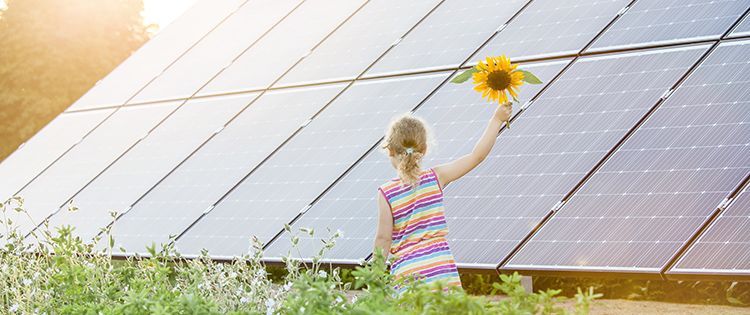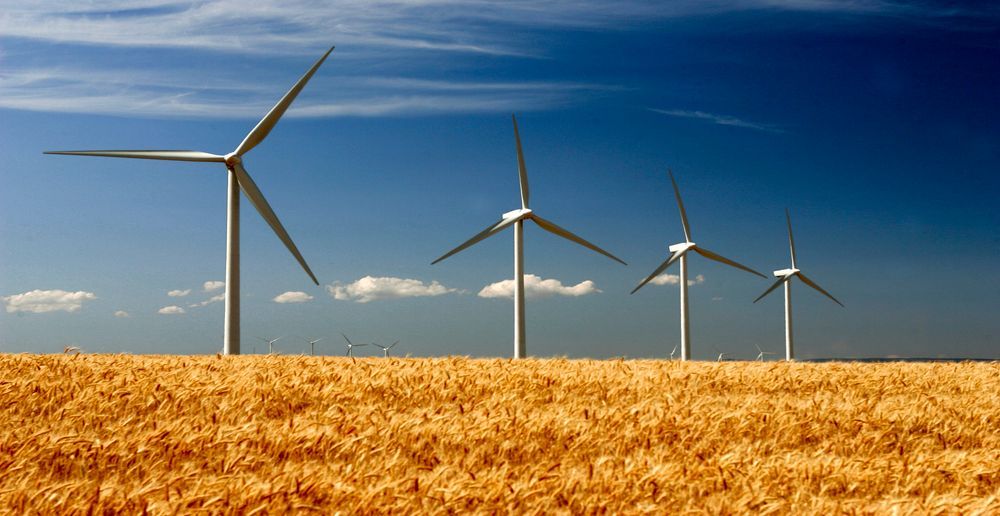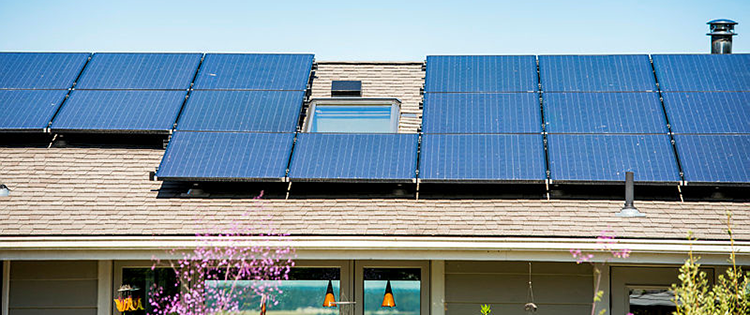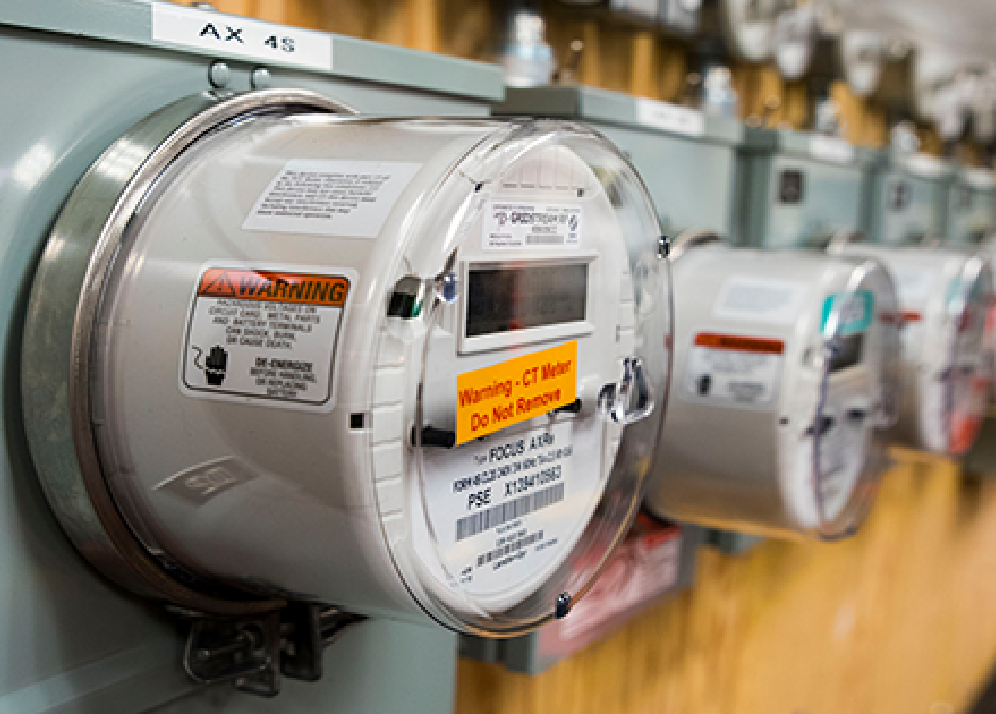Clean Energy Planning
Join us as we plan for a clean energy future
PSE is developing the first Integrated System Plan in Washington state history, and one of the first in the nation. We are building upon lessons learned from past planning documents like our integrated resource plans, the 2021 Clean Energy Implementation Plan, and the 2023 Biennial Clean Energy Implementation Plan Update. Join us in developing this plan and further defining the goals and actions that will lead us through an equitable clean energy transformation.
Latest updates
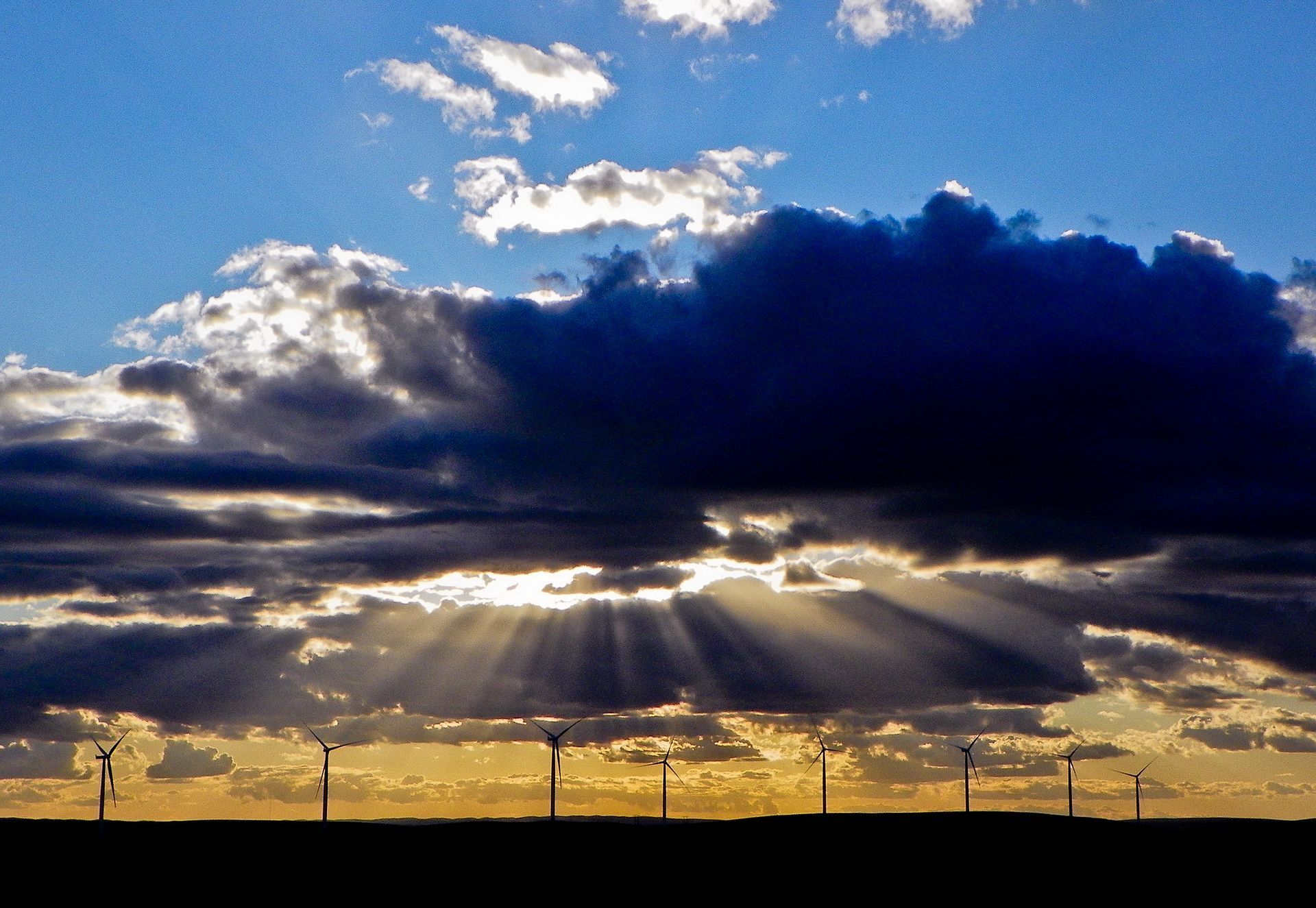
Transforming the way we plan for clean energy that is safe, reliable and affordable
PSE is undergoing the most significant transformation in our history as we strive to meet Washington state’s clean energy laws — some of the most ambitious in the nation—and deliver on our customers’ expectations for energy that is clean as well as safe, reliable and affordable.
This transformation will require:
- Careful and thoughtful planning that considers equity with specific attention to accessibility and affordability
- Significant new resources to generate the electricity needed to meet growing customer demand as we work to reduce greenhouse gas emissions across our electric and gas utilities (known as decarbonization)
- New technologies and innovative approaches to expand our electricity generating resources
- New programs and partnerships that empower customers to make choices about how they participate in the transformation
- Accountability to ensure that we equitably distribute benefits and reduce burdens on historically marginalized communities
Integrated system planning
The new Integrated System Plan (ISP) will be our roadmap as we transform to a clean energy future. It will identify customer needs and aspirations and analyze the long-term plans and short-term actions required to deliver suitable energy solutions across our electric and gas systems. The ISP will identify needs for new energy generation, transmission, how we’ll meet customer demand for natural gas, necessary upgrades to our distribution system to ensure we can deliver energy as demand increases and customer usage evolves, pathways to reduce greenhouse gas emissions from the electric and gas utilities, and new customer programs that help us meet our clean energy goals while maintaining a safe, reliable and affordable energy system.
Equity and the clean energy transformation
We are committed to ensuring that all customers, especially those in historically marginalized communities, benefit from the transition to clean energy. This requires a strategic approach to understand and address the benefits and challenges faced by historically marginalized communities and individuals. Our work is guided by the principles of energy equity, identified by the University of Michigan Energy Equity Project and adopted by the Washington Utilities and Transportation Commission in Docket UG-210755, Final Order 09, which encompass four key aspects of energy justice:
Recognition Justice
Acknowledging historical and ongoing inequalities
Procedural Justice
Involving people in decisions that impact their lives
Distributional Justice
Ensuring vulnerable populations receive a fair share of benefits without undue burdens
Restorative Justice
Taking actions to disrupt and address inequalities
Milestones in the clean energy transformation
Today, approximately 1.2 million electric and nearly 900,000 natural gas customers rely on PSE to provide safe, reliable, and affordable electricity and gas service. In 2023, over 45% of PSE’s electric energy supply was derived from clean sources such as wind and hydroelectric facilities, which do not emit greenhouse gases.
Through our first and future integrated system plans we will identify the steps and actions needed to achieve 100% clean electricity by 2045 while simultaneously addressing statewide greenhouse gas emissions reductions targets through electric and gas utility actions. As a primary heating source for tens of thousands of customers, maintaining a safe and reliable natural gas system is critically important, therefore, we must ensure that our decarbonization efforts are thoughtfully planned and carefully implemented. We are approaching this through coordinated activities that include decarbonization studies, pilot programs, and exploration and acquisition of alternative fuels, like
renewable natural gas and hydrogen.




